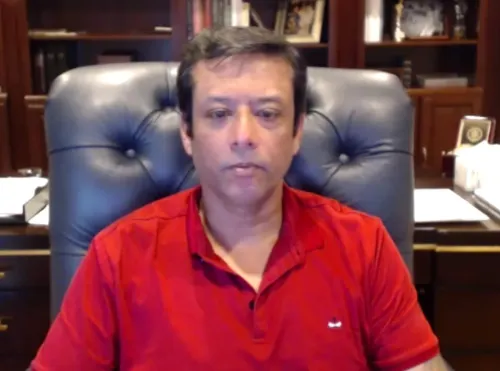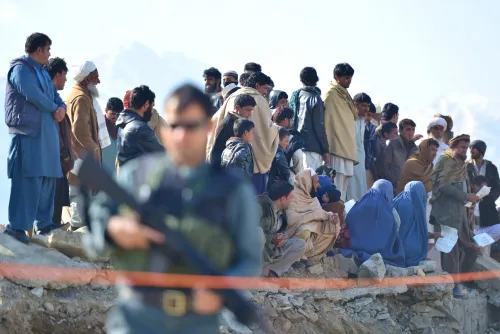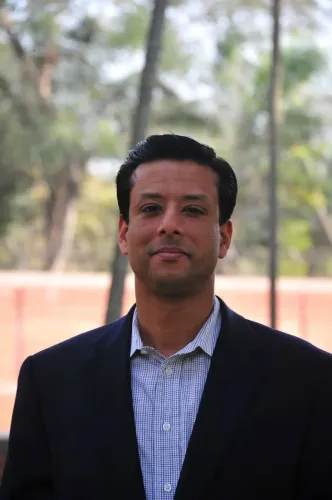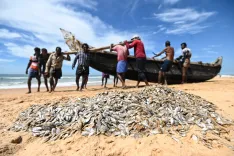Should Six Surviving Ex-North Korean Soldiers and Spies be Repatriated?
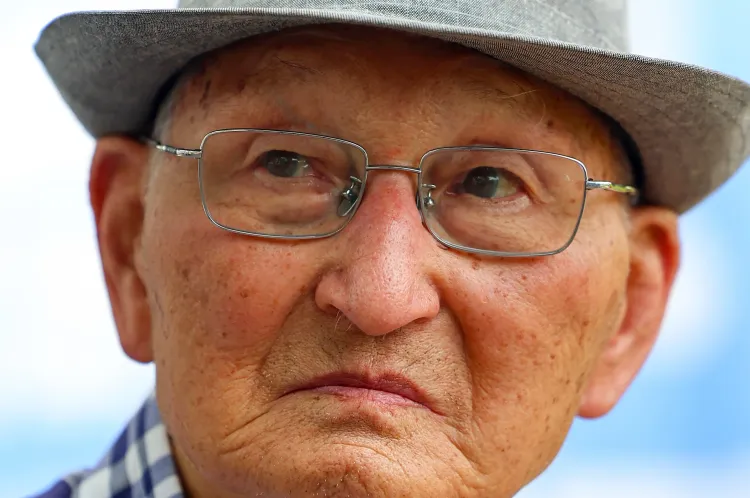
Synopsis
Key Takeaways
- Six ex-North Korean soldiers and spies seek repatriation.
- They were imprisoned for holding onto their socialist beliefs.
- Their situation highlights historical tensions on the Korean Peninsula.
- Humanitarian concerns are raised in accordance with the Geneva Conventions.
- Past repatriations occurred during a period of inter-Korean cooperation.
Seoul, Aug 19 (NationPress) Six former North Korean soldiers and spies, who have been imprisoned in South Korea for their unwillingness to abandon their socialist ideals, have formally requested the government of Seoul to arrange their repatriation to the North, as stated by officials on Tuesday.
Among them are Yang Won-jin, aged 96, Ahn Hak-sop, aged 95, and four others, who have recently made this request to the unification ministry, indicating their desire to return to North Korea, according to a ministry representative.
These individuals are referred to as “unconverted” long-term prisoners, comprising former soldiers and spies from North Korea who were detained in the South during and after the 1950-53 Korean War, a conflict deeply rooted in ideological differences that resulted in the division of the Korean Peninsula into a communist North and a democratic South.
Numerous fellow prisoners have succumbed to age or illness, all while yearning to return to their homeland.
They have endured decades in South Korean imprisonment due to their refusal to renounce their socialist beliefs during a time when South Korea faced significant threats from communist ideologies and have since remained unconverted.
During a press conference the day before, a civic organization advocating for Ahn's repatriation asserted that he should be sent back in accordance with the Geneva Conventions, which stipulate humanitarian treatment in wartime, and urged the government to facilitate his return across the inter-Korean border.
Ahn has also expressed his intention to cross the border through the inter-Korean truce village of Panmunjom at 10 a.m. on Wednesday, seeking assistance from the government and the United Nations Command for procedural matters, including notification and transfer to North Korea.
A ministry official indicated that the government is “well aware of the demands” from these unconverted long-term prisoners, though no resolution has been reached regarding their repatriation, as reported by Yonhap news agency.
During a period of inter-Korean détente under former South Korean President Kim Dae-jung, South Korea successfully repatriated 63 individuals back to North Korea in late 2000 via Panmunjom. However, no further repatriations have occurred since then.

